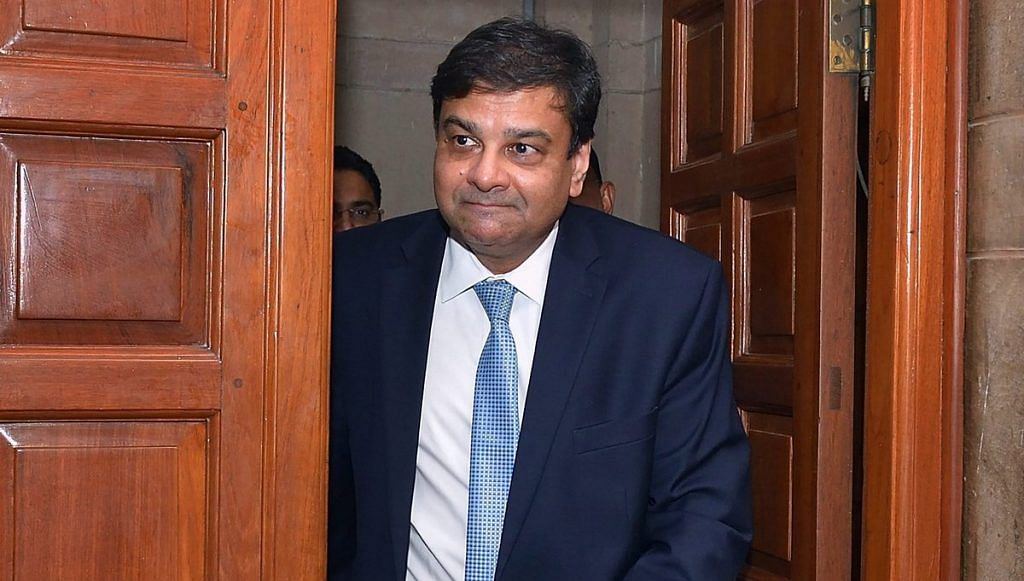Mumbai: Moves to dilute a new bankruptcy law caused disagreements between Prime Minister Narendra Modi’s government and the central bank, according to former Reserve Bank of India Governor Urjit Patel.
The rift centered around a February 2018 circular issued by the RBI, which forced banks to immediately classify borrowers as defaulters when they delayed repayments, and which barred defaulting company founders from trying to buy back their firms during insolvency auctions. In a book released Friday, Patel — who headed the RBI between September 2016 and his unexpected resignation in December 2018 — said the government seemed to lose enthusiasm for the legislation in the middle of the year he left the central bank.
“Instead of buttressing and future-proofing the gains thus far, an atmosphere to go easy on the pedal ensued,” Patel wrote. “Until then, for the most part, the finance minister and I were on the same page, with frequent conversations on enhancing the landmark legislation’s operational efficiency.”
The government was probably of the view that the “deterrence effect — ‘future defaulters beware, you may lose your business’” had been achieved, Patel said. He adds that “there were requests for rolling back the February circular” and “a canard was spread” to discredit the rules, including by incorrectly suggesting that small businesses would suffer disproportionately.
Patel’s comments offer a first glimpse into a tussle between the RBI and the government, which led eventually to a U-turn that stunned the Indian business world when the Supreme Court last year struck down the RBI’s February circular. Those subsequent changes in the bankruptcy rules risk reversing gains from the efforts to clean one of the world’s largest bad-loan piles, Patel warned in his book.-Bloomberg
Also read: How home-makers, masons & painters are driving Pune’s auto hub out of lockdown losses
